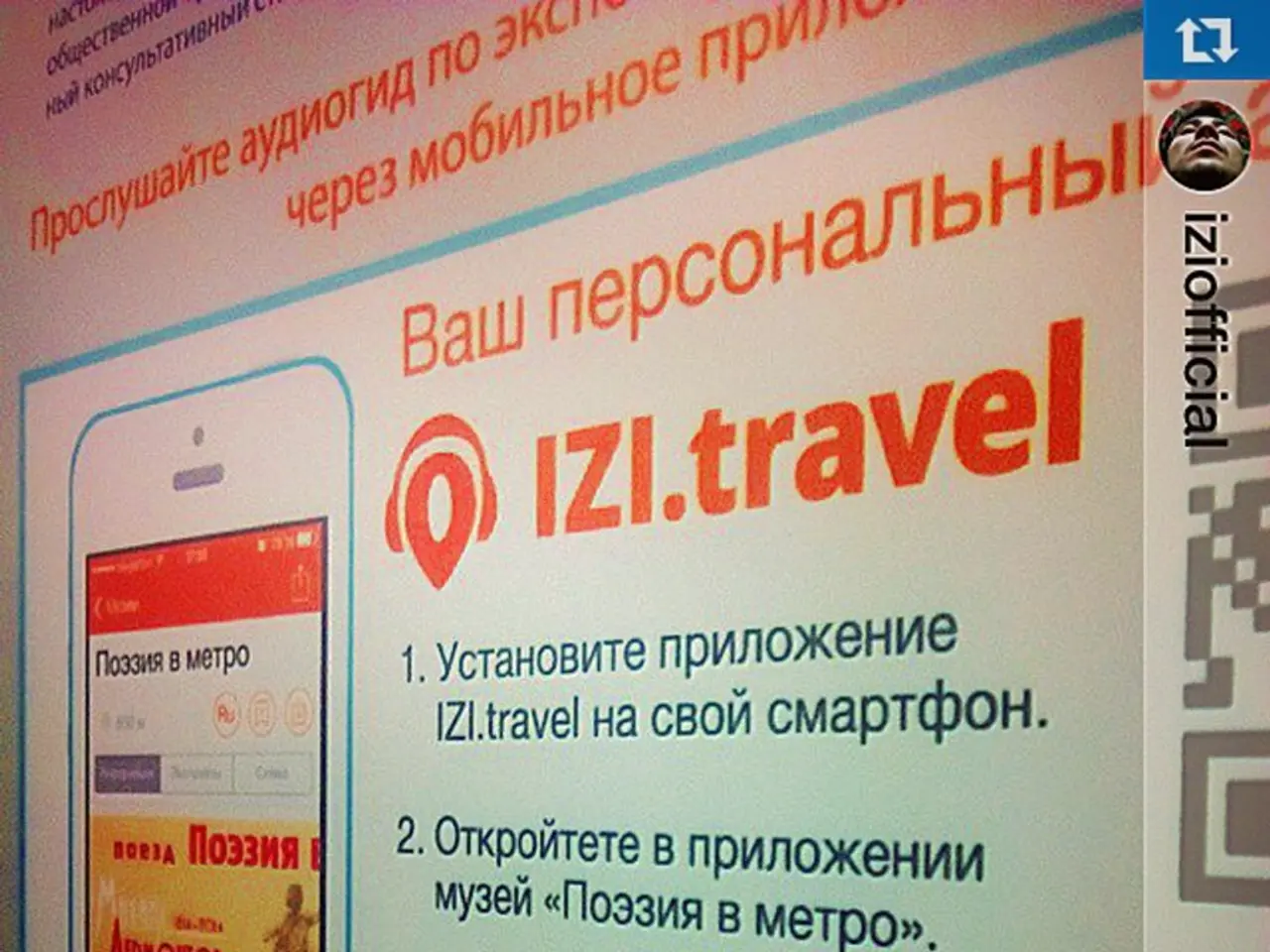GDPR Struggles Revealed in Recent Business Cases Highlighting Its Shortcomings
In the digital advertising landscape, a cloud of uncertainty hangs over the Interactive Advertising Bureau Europe's (IAB Europe) Transparency and Consent Framework (TCF). The Belgian Data Protection Authority (DPA) has ruled that the TCF does not comply with the General Data Protection Regulation (GDPR), raising concerns for businesses and consumers alike.
The TCF is a widely-used technical standard for obtaining user consent for data processing in the EU. However, the bone of contention is whether IAB Europe is a controller of the data supplied within the TCF. This ruling, if upheld, could lead to legal uncertainty and regulatory risks for businesses relying on the TCF for collecting and managing user consent.
The implications are far-reaching. Non-compliance with GDPR principles such as transparency, fairness, and meaningful user control can erode consumer trust, undermining confidence in how personal data is processed in digital advertising.
Regulatory scrutiny is likely to increase, potentially leading to fragmentation in consent management. Data protection authorities, like the UK's ICO, are actively reviewing cookie consent models and online tracking strategies, emphasizing meaningful user control and compliance with consent requirements.
The ruling puts pressure on IAB Europe and the digital advertising industry to evolve their frameworks and practices in alignment with GDPR and ePrivacy Directive updates. IAB Europe has called for proportional, risk-based enforcement approaches but acknowledges the need to adapt to a changing regulatory environment.
Balancing regulatory compliance with business innovation and growth is a challenge. Digital advertising operates under multiple frameworks (GDPR, ePrivacy Directive, Digital Services Act, etc.), and overlapping rules can cause complexity and higher compliance costs.
The implications for European businesses are significant. Without fundamental reform, the GDPR threatens to render the Internet unusable for commercial purposes in the EU. Max Schrems, the initiator of the case, states, "Companies can't use U.S. cloud services in Europe anymore."
The finding by Austria's Data Protection Authority that a website using Google Analytics violates GDPR, as Google Analytics communicates with U.S.-based servers, which constitutes an illegal data transfer out of the EU, adds to the complexity.
In essence, the implications are regulatory enforcement uncertainty, potential interruptions to personalized advertising technologies reliant on consent frameworks like the TCF, and an urgent need for industry and regulators to harmonize consent mechanisms that meet GDPR demands without stifling digital advertising innovation.
Current industry responses include calls for simplification of GDPR and ePrivacy rules to better reflect modern digital ecosystems, ensuring transparency and user control while sustaining digital competitiveness. However, no recent public evidence suggests full resolution of TCF's GDPR compliance issues, indicating ongoing challenges for advertisers, regulators, and consent framework providers alike.
- The Interactive Advertising Bureau Europe's Transparency and Consent Framework (TCF) faces challenges in complying with the General Data Protection Regulation (GDPR), as ruled by the Belgian Data Protection Authority (DPA).
- This ruling questions whether IAB Europe is a controller of the data within the TCF, potentially leading to legal uncertainty and regulatory risks for businesses.
- Non-compliance with GDPR principles can erode consumer trust, undermining confidence in the handling of personal data in digital advertising.
- Regulatory bodies, such as the UK's ICO, are actively reviewing cookie consent models and online tracking strategies, emphasizing user control and consent requirements.
- IAB Europe and the digital advertising industry must evolve their frameworks and practices to align with GDPR and ePrivacy Directive updates.
- Balancing regulatory compliance with business innovation and growth is a challenge, as digital advertising operates under multiple frameworks and overlapping rules can cause complexity and higher compliance costs.
- The implications for European businesses are significant, with the GDPR potentially threatening to make the Internet unusable for commercial purposes in the EU, and calls for simplification of GDPR and ePrivacy rules to better reflect modern digital ecosystems.



